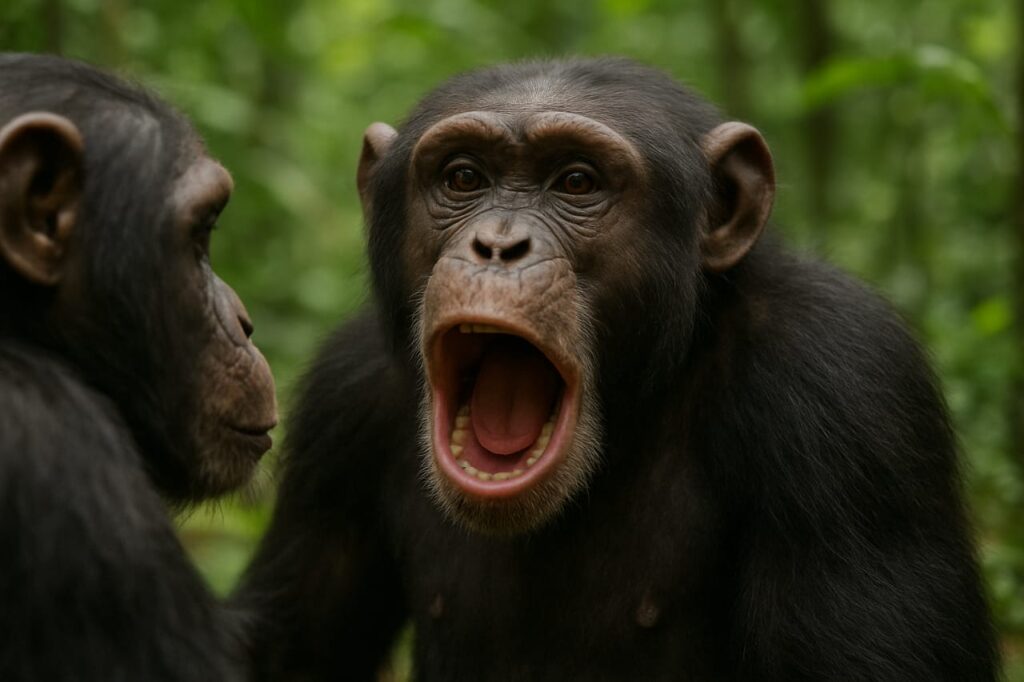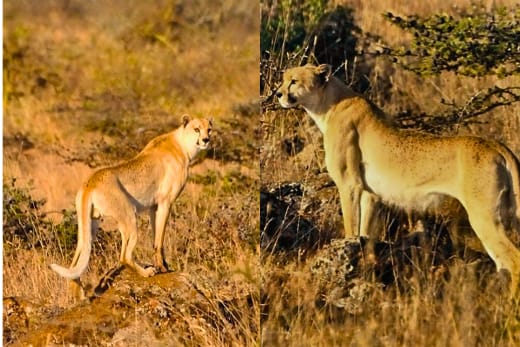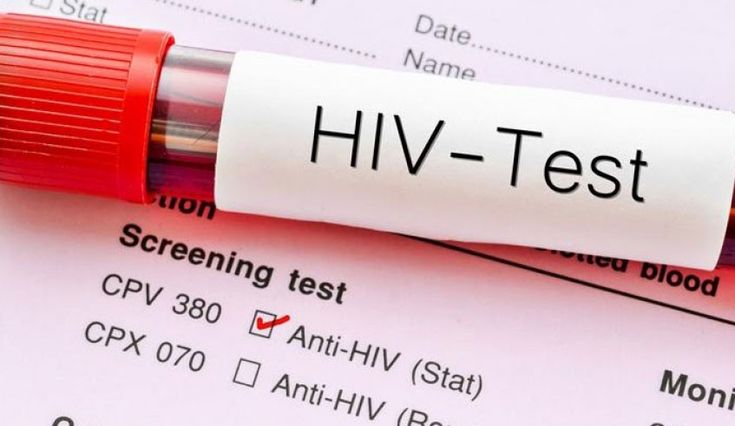Are We Watching Evolution in Action?
In a breakthrough that is reshaping how we view our closest relatives, scientists have discovered that wild chimpanzees may be developing more complex vocal behaviors that resemble the early foundations of human speech. This remarkable finding has stirred debate across the scientific community. Could we be witnessing the first steps of language evolution?
What Did Scientists Find
In a long-term study, researchers observed wild chimpanzees from different groups and noticed something surprising. Chimps that frequently interacted with each other began to adjust their vocal calls. These changes weren’t random — they showed consistent shifts in pitch, rhythm, and tone. Even more fascinating, these modifications seemed to be socially learned, not genetically hardwired.
This behavior is similar to how humans develop regional accents or dialects through interaction. In short, chimpanzees are not just making noise — they may be modifying their communication to fit in with their group.
Are Chimpanzees Learning to Talk
Let’s be clear. Chimpanzees are not about to start speaking in sentences. They lack the physical vocal anatomy and the brain complexity needed for true language. However, they are showing traits that were once believed to be uniquely human — vocal learning and adaptability.
This means chimpanzees can learn new vocal patterns by listening to each other, a critical component of human language.
Why This Discovery Matters
For decades, it was thought that primates had fixed sets of vocalizations. But this discovery challenges that idea. It suggests chimpanzees have more flexible communication systems than previously known. This opens up the possibility that the roots of human language might stretch deeper into our evolutionary past than we thought.
If these vocal shifts are passed down through generations, we could be witnessing the very early stages of cultural evolution — the kind that eventually shapes species over thousands or millions of years.
Are We Watching Evolution Happen
In a sense, yes — but not in the way you might expect. What we’re seeing is cultural evolution, not biological. These chimpanzees are learning from their environment and peers, and adapting their behavior. While this may not change their DNA right now, over time, such traits can influence survival, reproduction, and ultimately, evolutionary change.






